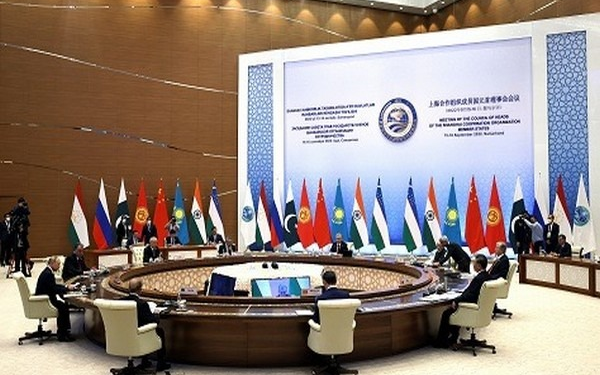New Delhi: Ahead of the SCO Summit in Astana, India Tuesday said the leaders of the grouping are expected to review its activities over the past two decades and discuss prospects of multilateral cooperation.
External Affairs Minister S Jaishankar will represent India at the annual summit of the Shanghai Cooperation Organisation (SCO) July 4 as Prime Minister Narendra Modi has decided to skip it.
The situation in Afghanistan, the Ukraine conflict and boosting overall security cooperation among the SCO member countries are expected to figure in the summit.
India’s priorities in SCO are shaped by the prime minister’s vision of a ‘SECURE’ SCO, the Ministry of External Affairs (MEA) said.
SECURE stands for Security, Economic cooperation, Connectivity, Unity, Respect for sovereignty and territorial integrity, and Environmental protection.
Jaishankar will lead the Indian delegation to Astana for the summit, the MEA said.
“At the summit, the leaders are expected to review the organisation’s activities over the past two decades and discuss the state and prospects of multilateral cooperation,” it said.
“Topical issues of regional and international importance are also expected to be discussed at the meeting,” it said in a statement.
The SCO comprising India, China, Russia, Pakistan, Kazakhstan, Kyrgyzstan, Tajikistan and Uzbekistan is an influential economic and security bloc that has emerged as one of the largest trans-regional international organisations.
Kazakhstan is hosting the summit in its capacity as the current chair of the grouping.
India was the chair of the SCO last year. It hosted the SCO Summit in the virtual format in July last year.
India’s association with the SCO began in 2005 as an observer country. It became a full member state of SCO at the Astana summit in 2017.
India has shown a keen interest in deepening its security-related cooperation with the SCO and its Regional Anti-Terrorism Structure (RATS), which specifically deals with issues relating to security and defence.
The SCO was founded at a summit in Shanghai in 2001 by the presidents of Russia, China, the Kyrgyz Republic, Kazakhstan, Tajikistan and Uzbekistan.
Pakistan became its permanent member along with India in 2017.
PTI







































